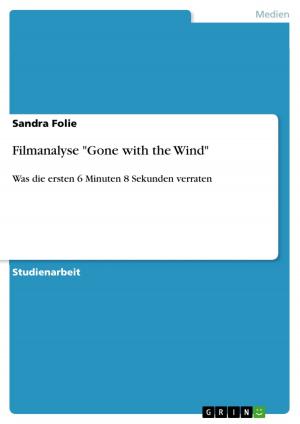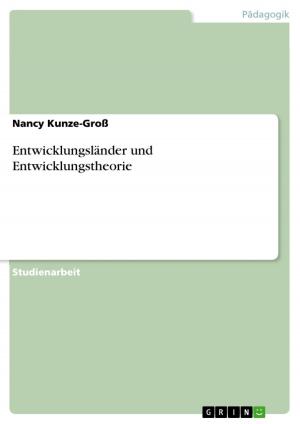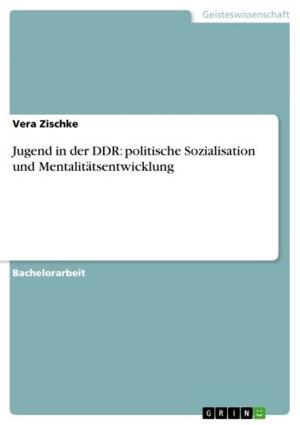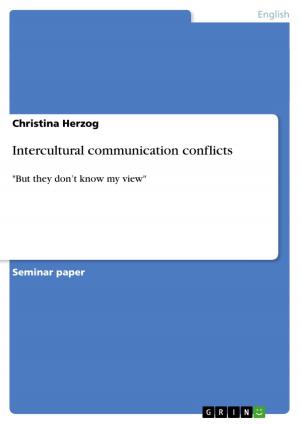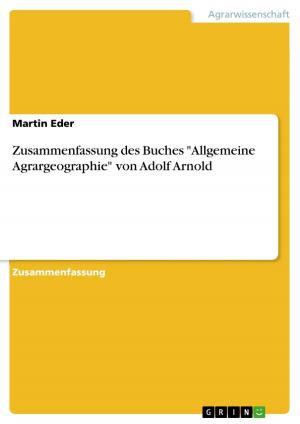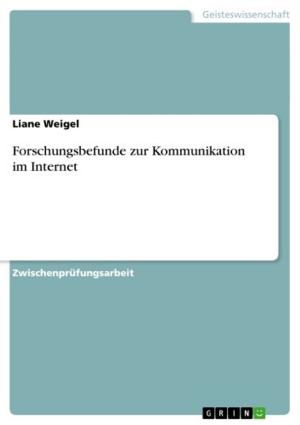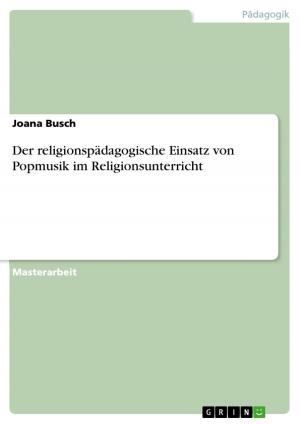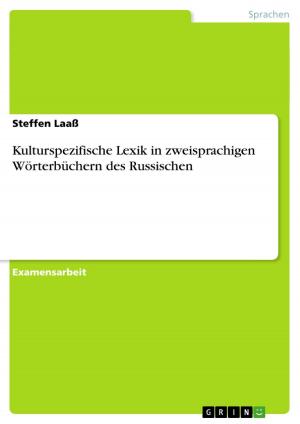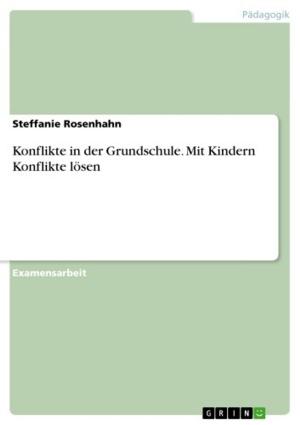Energy Security of the European Union and Russia: A relationship of interdependence
Nonfiction, Social & Cultural Studies, Political Science, International, International Relations| Author: | Lea Sarah Kulick | ISBN: | 9783656115557 |
| Publisher: | GRIN Verlag | Publication: | January 31, 2012 |
| Imprint: | GRIN Verlag | Language: | English |
| Author: | Lea Sarah Kulick |
| ISBN: | 9783656115557 |
| Publisher: | GRIN Verlag |
| Publication: | January 31, 2012 |
| Imprint: | GRIN Verlag |
| Language: | English |
Seminar paper from the year 2010 in the subject Politics - International Politics - Region: Eastern Europe, grade: 9 out of 10, Maastricht University (Faculty of Arts and Social Sciences), course: Module D - Traid and Aid - European Studies, Specialisation in International Politics of the European Union, language: English, abstract: Energy security is a topic with growing importance on the global political agendas. Within the European Union (EU) the consideration of supply security is of particular significance as the member states depend on outside sources, meaning principally oil and gas, to satisfy their need of energy. The EU-27 was dependent on oil imports on 82.6% and on gas imports on 60.3% in 2007. Own resources are not sufficient and in the present days the EU merely covers 46.9% of the energy consumption by its own means. When the current trends proceed the EU will be dependent on 90% for oil, 70% for gas and 100% for coal in years 2030-40. Therefore, the role of producer countries becomes increasingly important, especially regarding Russia as it is the biggest importer to the EU in crude oil, gas and hard coal. The supply dependence on Russia could have severe consequences for the EU as gas disruptions leading to supply crises in several member states like in 2006 and 2009 had already shown. But also the Russian Federation is dependent because the EU is one of the most important consumers of its gas and oil exports. Russia's economy is reliant on oil and gas production; in 2007 the energy sector generated about 64% of its exports revenues. Accordingly, Russia also has to deal with the problem of energy security, but in the perspective that it aims at securing demand and the purchase of its gas and oil resources, especially by the EU. As both parties depend on each other in their energy security there is a case of interdependence in the EU-Russian energy relationship. When examining this relation of interdependence it is interesting not just to regard the present state of affairs but also the trends and future development and how the EU and Russia deal with that. For the analysis the notions of sensitivity and vulnerability are used. The guiding research question of this paper is therefore: What is the degree of sensitivity and vulnerability for the EU and Russia regarding their relation of interdependence in energy security? It is hypothesized that the Russian Federation is more vulnerable, especially on the subject of its political strategy. The concept of interdependence by Robert Keohane and Joseph Nye provides the theoretical basis for this paper. In order to conclude this paper, the degrees of sensitivity and vulnerability of the actors are evaluated and the hypothesis is proven right or wrong.
Seminar paper from the year 2010 in the subject Politics - International Politics - Region: Eastern Europe, grade: 9 out of 10, Maastricht University (Faculty of Arts and Social Sciences), course: Module D - Traid and Aid - European Studies, Specialisation in International Politics of the European Union, language: English, abstract: Energy security is a topic with growing importance on the global political agendas. Within the European Union (EU) the consideration of supply security is of particular significance as the member states depend on outside sources, meaning principally oil and gas, to satisfy their need of energy. The EU-27 was dependent on oil imports on 82.6% and on gas imports on 60.3% in 2007. Own resources are not sufficient and in the present days the EU merely covers 46.9% of the energy consumption by its own means. When the current trends proceed the EU will be dependent on 90% for oil, 70% for gas and 100% for coal in years 2030-40. Therefore, the role of producer countries becomes increasingly important, especially regarding Russia as it is the biggest importer to the EU in crude oil, gas and hard coal. The supply dependence on Russia could have severe consequences for the EU as gas disruptions leading to supply crises in several member states like in 2006 and 2009 had already shown. But also the Russian Federation is dependent because the EU is one of the most important consumers of its gas and oil exports. Russia's economy is reliant on oil and gas production; in 2007 the energy sector generated about 64% of its exports revenues. Accordingly, Russia also has to deal with the problem of energy security, but in the perspective that it aims at securing demand and the purchase of its gas and oil resources, especially by the EU. As both parties depend on each other in their energy security there is a case of interdependence in the EU-Russian energy relationship. When examining this relation of interdependence it is interesting not just to regard the present state of affairs but also the trends and future development and how the EU and Russia deal with that. For the analysis the notions of sensitivity and vulnerability are used. The guiding research question of this paper is therefore: What is the degree of sensitivity and vulnerability for the EU and Russia regarding their relation of interdependence in energy security? It is hypothesized that the Russian Federation is more vulnerable, especially on the subject of its political strategy. The concept of interdependence by Robert Keohane and Joseph Nye provides the theoretical basis for this paper. In order to conclude this paper, the degrees of sensitivity and vulnerability of the actors are evaluated and the hypothesis is proven right or wrong.


